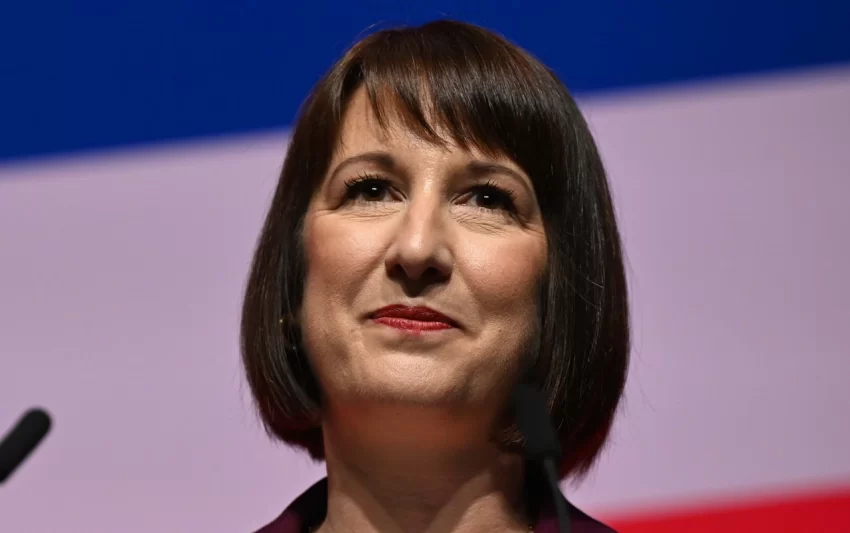The uncertainty surrounding potential tax hikes is causing notable trepidation among consumers. Sainsbury’s CEO, Simon Roberts, warns that the lack of clarity from the Chancellor is leading to cautious spending behaviours.
In anticipation of Labour’s upcoming Budget, there is increased apprehension regarding potential fiscal changes. This uncertainty is impacting spending on non-essential items, as consumers seek transparency from the government. The economic landscape remains tenuous, with calls for clarity growing louder.
In light of the forthcoming Budget, Sainsbury’s CEO, Simon Roberts, highlights a growing sense of caution among consumers, particularly concerning discretionary spending. With anticipated tax policy changes on the horizon, households are adopting a more reserved approach, awaiting clarity from the Chancellor on potential fiscal adjustments.
Rachel Reeves, Labour’s Shadow Chancellor, is expected to address a significant gap in public finances by proposing tax hikes, possibly impacting inheritance tax and capital gains tax. This looming fiscal modification is exacerbating consumer wariness, particularly in the realm of non-essential purchases, as evidenced by diminished sales of large-ticket items.
Roberts underscores the need to reduce mortgage costs to enhance consumer spending power. Interest rates, according to Roberts, play a pivotal role in consumer financial planning. He asserts that clarity and stability in fiscal policies are indispensable for rebuilding consumer confidence, particularly with the GfK index reporting a notable decline.
Former Sainsbury’s Chairman, Sir Philip Hampton, urges political figures to maintain a more optimistic stance to bolster both consumer and business confidence. The hesitancy observed in consumer behaviour is reflected in business sentiment, with S&P Global revealing a decline in manufacturers’ confidence levels, impacting investment decisions until after the fiscal announcements.
In anticipation of the festive season, Sainsbury’s is strategically enhancing its grocery offerings amidst scaling competition from Aldi and Lidl. The supermarket’s ‘food first’ initiative epitomises its focus on core grocery strengths, recently selling off its retail banking division to concentrate on this priority. It also plans significant cost reductions to pass savings to consumers.
As the Budget draws closer, the retail sector is keenly observing potential decisions that could influence the upcoming vital trading period. The pending fiscal policy decisions are anticipated to have significant ramifications, potentially affecting the trajectory of retail sales into the crucial quarter and beyond.
The pressing need for clarity in government fiscal policies remains evident. Both consumer confidence and economic stability hinge on the measures introduced in the budget, with clarity potentially guiding future spending and investment directions.
As the government gears up to deliver its Budget, clarity on fiscal policies is imperative. Consumer and business confidence, already fragile, depend on transparent and decisive action.
Without clear guidance, the apprehension surrounding potential tax changes threatens to dampen spending further. The situation necessitates prompt and clear communication from policymakers to navigate these challenging economic waters.

